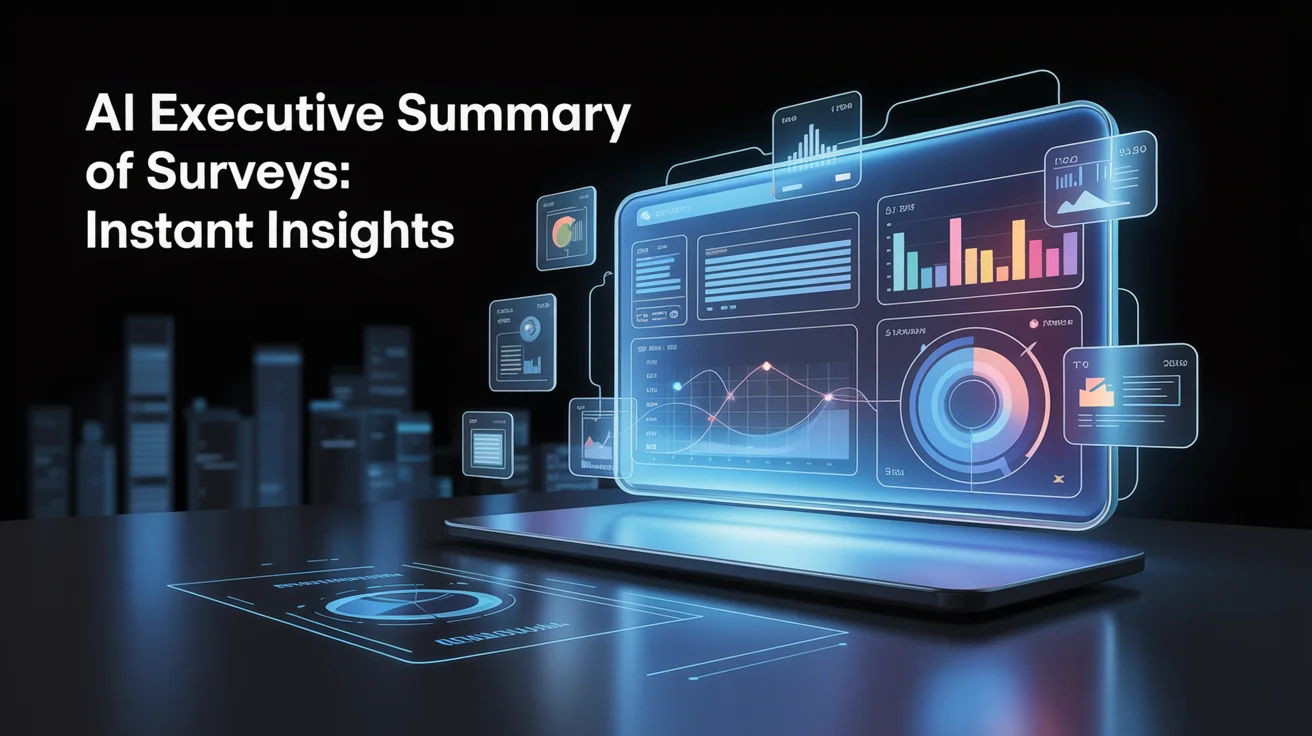In today’s data-driven world, cloud computing is vital for every organization. Yet, as usage increases, so do the costs. Managing these expenses without compromising performance is a growing challenge. This is where artificial intelligence steps in.
How AI tools are helping organizations reduce cloud expenses lies in their ability to automate cost management, optimize resource usage, and forecast future demands. These intelligent solutions help businesses spend smartly while maintaining operational efficiency.
Real-Time Resource Optimization Using AI
One of the most powerful ways AI helps is through real-time optimization. Cloud workloads are often dynamic, and manual resource allocation can lead to either overprovisioning or underperformance. AI tools analyze system behavior and adjust resource allocation instantly.
These tools use machine learning to detect idle, underused, or unnecessary services. They then scale them down or terminate them automatically, significantly cutting unnecessary costs.
Automating Cloud Cost Management Tasks

Manual cost monitoring and cloud audits are time-consuming and error-prone. AI-powered platforms automate these tasks with precision. They continuously monitor cloud consumption patterns and generate cost reports.
This automation reduces the dependency on human analysis and ensures that anomalies and waste are caught early.
- AI detects and eliminates unused virtual machines.
- Auto-generates accurate billing reports and forecasts
- Alerts teams when thresholds are breached
- Prevents hidden costs through predictive monitoring
Intelligent Forecasting of Cloud Spend
AI does not just manage what is happening, it predicts what will happen. Forecasting cloud expenses is critical for budgeting and planning.
AI tools analyze past usage patterns, seasonal changes, and project needs to estimate future cloud spending.
This helps organizations allocate budgets wisely, avoiding last-minute surprises.
Identifying and Eliminating Shadow IT
Shadow IT unauthorized use of cloud services, is a hidden cost driver. AI tools help identify these unauthorized or misused cloud services by tracking data access patterns, irregular resource deployment, or abnormal activity.
Once detected, these services can be reviewed, consolidated, or eliminated.
- Monitors access and usage behaviour across departments
- Flag unauthorized applications or services
- Helps enforce cloud governance and security protocols
- Assists in building a centralized cloud usage policy
Cost-Efficient Workload Placement
AI evaluates the performance and cost metrics of different public, private, hybrid, or multi-cloud cloud environments and recommends the best environment for each workload.
This intelligent placement ensures performance without incurring unnecessary costs.
Smart Scaling Based on Demand
AI-driven tools continuously monitor traffic and resource consumption. They automatically scale resources up during peak hours and down during idle times.
This dynamic scaling ensures that companies pay only for what they use.
- Adjusts virtual machine sizes and instances
- Prevents cost spikes due to unexpected usage
- Integrates with DevOps tools to balance efficiency and spend
- Reduces manual intervention in scaling decisions
Improving DevOps Efficiency with AI
AI tools integrated into DevOps pipelines help optimize CI/CD processes. They manage cloud infrastructure usage during testing, deployment, and delivery phases.
By doing so, they prevent waste and reduce unnecessary infrastructure run times, improving performance and cost efficiency.
Policy-Driven Automation for Governance
Organizations can configure Artificial Intelligence tools with policies to automate decisions related to budget limits, storage management, or instance types. These tools ensure compliance and reduce the need for manual governance efforts.
For instance, they can automatically shift to cheaper instance types during off-peak hours or restrict resource deployment outside business hours.
Enhanced Visibility and Reporting
AI platforms offer unified dashboards showing cloud usage, performance, and expenses. This visibility allows IT managers and finance teams to work together to optimize spending.
Real-time insights help pinpoint waste, track cost-saving measures, and support better decision-making.
Continuous Learning and Optimization
AI models constantly learn from new data. As cloud environments evolve, AI adapts by improving its recommendations and actions.
This continuous learning ensures cost optimization keeps pace with growth and technological changes.
- Learns from previous cost-cutting actions to improve strategies
- Keeps evolving to adapt to new services and pricing models
- Detects newer trends in usage and adjusts settings automatically
- Supports long-term savings with minimal manual input
Why AI-Powered Cost Optimization is the Future
The complexity of cloud pricing and the need for agility make manual cloud cost control nearly impossible. AI tools bring automation, intelligence, and precision to the table. They don’t just cut costs, they add strategic value.
As organizations shift their operations to the cloud, intelligent systems will become a cornerstone for financial control and operational excellence.
Challenges in Implementing AI for Cloud Cost Management
Despite its benefits, AI implementation has challenges. Businesses must invest in the right tools, build AI-literate teams, and ensure seamless integration with existing systems.
However, AI’s long-term savings and agility often outweigh the initial setup costs.
Conclusion:
Cloud cost management is no longer just about tracking expenses, it’s about strategic, intelligent decisions. With AI, businesses can uncover hidden savings, plan more effectively, and ensure that every dollar spent on the cloud drives real value.
Investing in AI-powered tools today means smarter, leaner, and more agile cloud operations tomorrow.
Frequently Asked Questions:
Q: Can AI work with multi-cloud environments?
Many Artificial Intelligence tools support hybrid and multi-cloud setups by comparing cost, performance, and reliability across providers.
Q: Are AI-based cost tools suitable for small businesses?
Absolutely. Many solutions offer scalable pricing and features tailored for SMBS.
Q: How long does it take to see cost savings?
Most organizations notice measurable improvements within the first few months of deployment.
Q: Do Artificial Intelligence tools need continuous monitoring?
No, these tools operate autonomously once configured, although occasional review is recommended.




